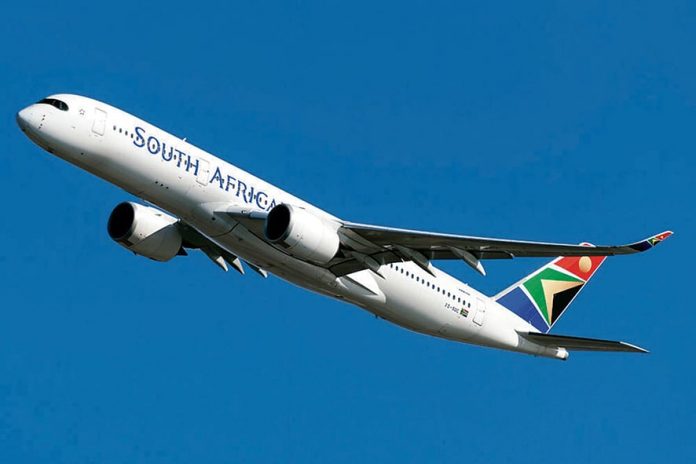The office of the Auditor General of South Africa (AGSA) has lamented that it found a lack of financial control systems in place at SAA over a period of four years.
This was revealed on Tuesday during a presentation on SAA’s audit outcomes for a four-year period between 2019 and 2022 to parliament’s standing committee on public accounts.
This relates to issues around consequence management, expenditure management, procurement management and revenue management.
The revelations come after a presentation of National Treasury in parliament earlier this year showed that SAA received R50.7-billion in government bailouts between 2007 and 2022.
Irregular, wasteful expenditure
The AGSA told parliament in 2022 that it had found there was R22-billion in irregular, fruitless and wasteful expenditure at SAA between the 2016 and 2018 financial years.
At a parliamentary briefing on Tuesday, Madidimalo Singo, executive in the AGSA’s office, disclosed that they struggled to find financial information when auditing SAA’s books.
“It has been a challenge … for AGSA executing these audits mainly because of the length of time it took to finalise the business rescue process and for the board to deal with financial challenges,” said Singo.
“When we were auditing, we did realise that to a greater extent we struggling with accessing the relevant information that supports the financial statements that were submitted for audit.
“Together with the board and management, we really tried to make sure that we get the evidence that supports the information recorded in the financial statements.
“But unfortunately, in most instances, we were unable to find that information, which has led to a disclaimer audit over a period of four years that we looked at.”
Another AGSA executive Fhumulani Rabonda told the committee that the disclaimer audit opinion meant that the financial statements that have been published cannot be relied upon, as there was no evidence to support the numbers that are in financial statements.
Qualified opinion
Rabonda said in the 2018 financial year, the financial statements received a qualified opinion because the financials could be relied upon except for the highlighted parts.
However, the performance report for the four financial years were not prepared and submitted.
“We also see that there was material non-compliance across the board in most of the compliance focus areas,” said Rabonda.
He said this relates to issues around consequence management, expenditure management, procurement management and revenue management.
“We were unable to get evidence to support the compliance activities of the entity in that regard,” he said.
Business rescue
He said the regression continued during the business rescue process, as there were no measures put in place to preserve the critical skills at SAA.
“Even post the business rescue process – when the current board took over from May 2021 until now – there has not been efforts to stabilise the capacity from the financial work function, hence we were unable to gather evidence to support the financial statements.”
Rabonda added that SAA’s subsidiaries SA Technical and Mango were also in the same boat of weak financial controls.
The company, he explained further, is currently viable but its future is uncertain.
SAA has not fully achieved goals it has set itself in the expansion plan and there is continued reliance on shareholder funding.



